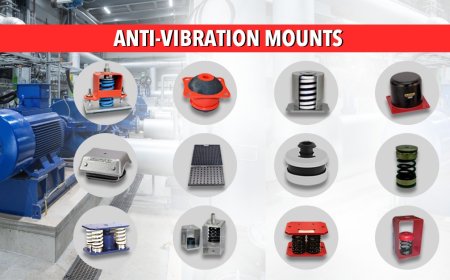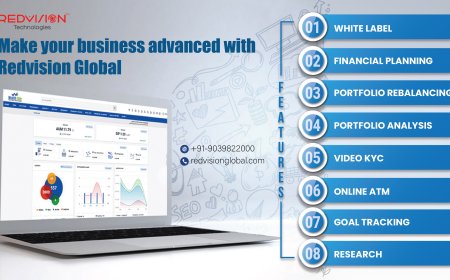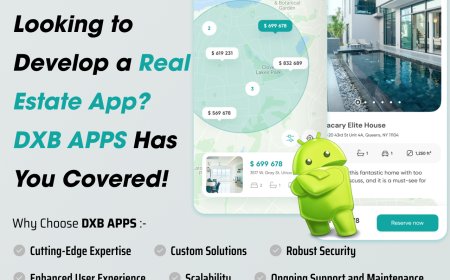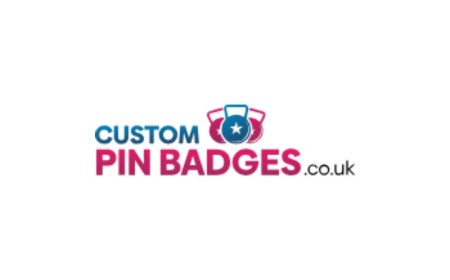How Freshers Can Kickstart a Career in DevOps
Discover how freshers can begin a successful DevOps career by learning key tools, building projects, and understanding the workflows that power modern IT environments. Learn how freshers can kickstart a career in DevOps through hands-on training in tools like Git, Docker, Jenkins, and CI/CD pipelines. Explore the skills, certifications, and steps needed to enter the DevOps industry with confidence.

Introduction
The tech industry is growing faster than ever, and with it comes a rising demand for automation, efficiency, and collaboration. At the heart of this transformation is DevOpsa career field that blends software development and IT operations to speed up software delivery, improve product quality, and reduce downtime. For freshers entering the job market, DevOps training in chandigarh offers an exciting, high-growth career path with endless learning opportunities.So how can someone with little or no experience break into this field? This blog will walk you through the essential steps, tools, and strategies to start a career in DevOpseven as a fresher.
What Is DevOps?
DevOps is a combination of Development and Operations. Its not just a role but a culture that promotes better collaboration between development teams (who write code) and operations teams (who maintain and deploy applications). By using automation tools, scripting, continuous integration/delivery (CI/CD), cloud platforms, and monitoring systems, DevOps professionals make software deployment faster, safer, and more efficient.
Why Choose DevOps as a Fresher?
Starting in DevOps offers several key advantages:
-
High Demand: Companies need DevOps engineers to automate tasks, manage cloud infrastructure, and build reliable systems.
-
Attractive Salaries: Even junior roles offer competitive pay and career growth.
-
Hands-On Learning: The role is practical, with lots of opportunities to solve real-world problems.
-
Future-Proof Skills: DevOps tools and concepts are crucial in modern software development, ensuring long-term career relevance.
If you're someone who enjoys working with both development and system-level tools, DevOps is an ideal starting point.
Step-by-Step Guide: How Freshers Can Get Started in DevOps
1. Learn the Basics of Operating Systems (Especially Linux)
Most DevOps tools and platforms run on Linux. Start by learning how to use the Linux command line, file systems, permissions, and system monitoring. You dont need to be an expertjust being comfortable navigating and performing basic tasks is enough for starters. You can use free Linux distributions like Ubuntu and practice on virtual machines using tools like VirtualBox or even cloud platforms.
2. Understand Networking and Web Fundamentals
DevOps deals with infrastructure, cloud, and connectivityso understanding networking basics is crucial. Learn about:
-
IP addresses, DNS, HTTP/HTTPS
-
Ports and firewalls
-
Load balancers and proxies
These concepts help you configure and troubleshoot environments efficiently.
3. Get Comfortable with Git and Version Control
Version control systems like Git are essential in DevOps workflows. Learn how to:
-
Clone a repository
-
Commit and push code
-
Create branches and merge changes
GitHub, GitLab, and Bitbucket are common platforms used in teams, so get familiar with them as well.
4. Start Learning Key DevOps Tools
DevOps relies on a variety of tools to automate tasks and manage systems. As a beginner, focus on these essentials:
-
Docker for containerization of applications
-
Jenkins for continuous integration and deployment
-
Ansible for configuration management and automation
-
Kubernetes for container orchestration
-
Terraform for managing infrastructure as code
-
Prometheus and Grafana for monitoring and visualization
You dont need to master it all at once. Start with Docker and Git, then slowly move toward Jenkins and other tools.
5. Learn Scripting Languages
Basic scripting knowledge can help automate repetitive tasks. Later, you can learn Python, which is widely used in automation and configuration tasks across DevOps pipelines.
6. Understand CI/CD Pipelines
Learn how Continuous Integration and Continuous Delivery streamline code updates, automate testing, and speed up deployment for faster, error-free software releases.Learn how development, testing, and deployment are automated.
Explore how to:
-
Set up automated builds and tests
-
Trigger deployments after successful code merges
-
Roll back deployments when something fails
This knowledge is extremely valuable when applying for DevOps roles.
7. Explore Cloud Platforms
DevOps and cloud computing go hand in hand. Platforms like Amazon Web Services (AWS), Microsoft Azure, and Google Cloud Platform (GCP) are used to deploy, host, and scale applications. Start with the free tiers these platforms offer and learn how to launch virtual servers, store files, and configure permissions. Focus on core services like EC2 (compute), S3 (storage), IAM (security), and VPC (networking).
8. Work on Real-World Projects
Nothing beats hands-on experience. Try setting up your own DevOps environment by:
-
Hosting a website on a cloud server
-
Writing Ansible playbooks to configure multiple servers
-
Running a containerized app on Docker
9. Get Certified (Optional but Helpful)
Certifications can boost your credibility, especially as a fresher. Some beginner-friendly options include:
-
AWS Certified Cloud Practitioner
-
Docker Certified Associate
-
Microsoft Azure Fundamentals (AZ-900)
-
Certified Kubernetes Administrator (CKA)
10. Apply for Internships or Entry-Level Roles
Once youre confident with the basics, start applying. Look for job titles like:
-
DevOps Intern
-
Junior DevOps Engineer
-
Site Reliability Engineer (SRE) - Entry Level
-
Cloud Operations Associate
-
Infrastructure Support Analyst
Include your GitHub profile, portfolio, or any DevOps projects youve built. Even small-scale projects show your initiative and potential.
Final Tips for Freshers
-
Dont try to learn everything at once. Focus on one concept or tool at a time.
-
Join communities. Reddit, Discord, and LinkedIn DevOps groups are great for advice, feedback, and motivation.
-
Stay updated. DevOps is a fast-changing field. Follow blogs, newsletters, and YouTube channels like TechWorld with Nana and freeCodeCamp.
Final Thoughts
Starting a career in DevOps as a fresher may seem challenging, but its absolutely within reach if you take it step by step. You dont need years of experience to beginjust a solid foundation in tools, automation, and cloud basics. With dedication, practice, and real-world projects, you can quickly build a skill set thats in demand across the tech world. DevOps is not just a jobits a mindset that empowers you to solve problems, improve systems, and accelerate innovation.
FAQs
Q1. Do I need a technical degree to start a career in DevOps?
No. While a technical background helps, its not mandatory. Many freshers enter DevOps through certifications, online learning, and self-practice. Skills matter more than degrees.
Q2. Can I learn DevOps without any programming experience?
Yes. DevOps focuses more on automation and tools. While scripting (like Bash or Python) is helpful, you can start with basic command-line skills and learn coding gradually.
Q3. Which DevOps tools should I learn first as a beginner?
Start with Git, Docker, and Jenkins. Once comfortable, move to Ansible, Terraform, and Kubernetes. Focus on mastering one tool at a time.
Q4. How long does it take to become job-ready in DevOps?
With consistent effort (12 hours daily), most freshers can become job-ready in 57 months by learning the basics, completing projects, and understanding core DevOps practices.
Q5. Do I need to learn Linux for DevOps?
Yes. Most DevOps tools run on Linux-based systems. Learning basic Linux commands, file permissions, and system navigation is essential for any DevOps role.
Q6. Are DevOps certifications important for freshers?
Certifications are not required but can boost your resume. Entry-level options like AWS Cloud Practitioner or Docker Certified Associate are great for beginners.
Q7. Can DevOps be learned entirely online?
Absolutely. Many platforms like Coursera, Udemy, YouTube, and freeCodeCamp offer beginner-friendly DevOps tutorials and hands-on labs.
Q8. What kind of projects should I build to get noticed?
Start with small projects like hosting a web app using Docker, setting up a CI/CD pipeline with Jenkins, or deploying apps on cloud platforms. Share your work on GitHub or LinkedIn to showcase your skills.






































